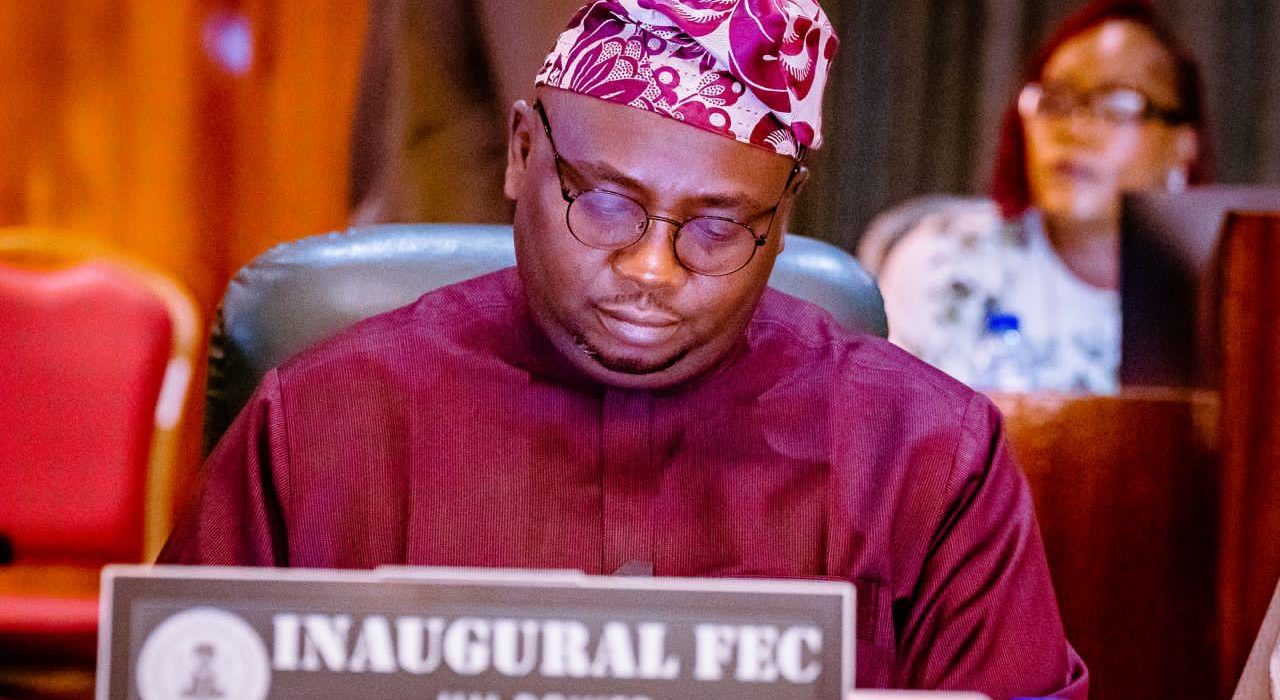In a significant move to address the mounting financial strain in Nigeria’s power sector, the Federal Government has announced plans to settle ₦2 trillion of the ₦4.7 trillion debt owed to electricity generation companies (GenCos) by the end of 2025. This initiative aims to prevent potential power plant shutdowns and ensure the continuity of the electricity supply across the nation.
Debt Settlement Strategy
Minister of Power, Adebayo Adelabu, disclosed that the government will employ a combination of cash payments and promissory notes to clear the outstanding debts. These promissory notes are designed to be bankable, allowing GenCos to access immediate funds through financial institutions. The Minister emphasized that discussions are ongoing with the Minister of Finance and Coordinating Minister of the Economy, Wale Edun, to facilitate this process through budgetary allocations and guaranteed instruments.
Background on the Debt Accumulation
The substantial debt has been attributed to unpaid electricity subsidies, with approximately half being legacy debts inherited from previous administrations and the remainder accruing during the 2024 fiscal year. The GenCos, under the Association of Power Generation Companies, have expressed deep frustration over inadequate payments for electricity supplied to the national grid, warning of potential operational shutdowns due to the escalating liquidity crisis.
Electricity Subsidy and Tariff Adjustments
Nigeria’s electricity subsidy burden has been a longstanding issue, with the government historically subsidizing up to 80% of electricity costs. Currently, the average electricity generation cost is approximately ₦170 per kilowatt-hour, while 85% of consumers pay around ₦60 per kilowatt-hour. To address this disparity, the government implemented a targeted tariff increase for high-usage consumers, leading to a 35% reduction in electricity subsidies and generating an additional ₦700 billion in revenue, a 70% increase compared to the previous year. Despite these measures, the power sector continues to grapple with challenges, including a failing grid, gas shortages, vandalism, and aging infrastructure. The sector’s operational capacity remains low, with only about a third of the 13,000 megawatts installed capacity typically generated. In response, the government plans to procure 3.5 million electricity meters by the end of 2024 to enhance revenue collection and reduce estimated billing practices.
Future Outlook
Minister Adelabu reaffirmed the government’s commitment to ensuring the financial viability of the power sector while maintaining affordability for consumers. He highlighted the necessity of restructuring subsidies to target low-consumption users, primarily poor households, and emphasized that distribution companies failing to meet service obligations, such as providing 20 hours of electricity daily to Band A customers, will face penalties.
.

